- Home›
- Healthy Living›
- 10 Foods To Avoid During Monsoon Season
10 Foods To Avoid During Monsoon Season
By: Priyanka Maheshwari Tue, 06 June 2023 10:22:25
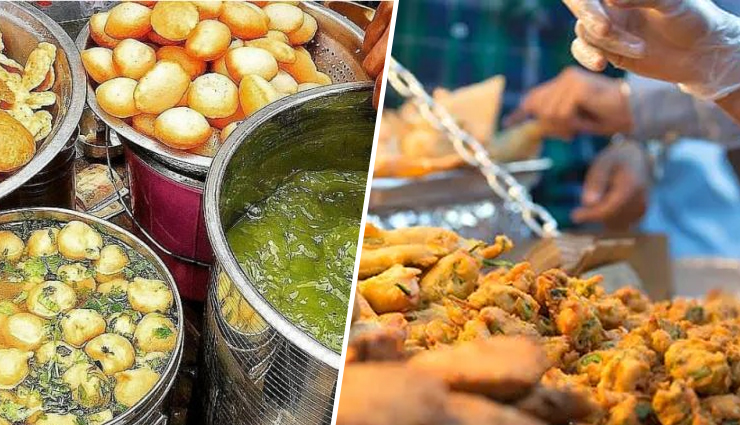
The monsoon season brings relief from the scorching summer heat but also poses certain health challenges. During the monsoon season, it is crucial to be cautious about the foods we consume to minimize the risk of illnesses and maintain good health. In this article, we will discuss 10 foods that are best avoided during the monsoon season to minimize the chances of digestive issues and maintain good health.
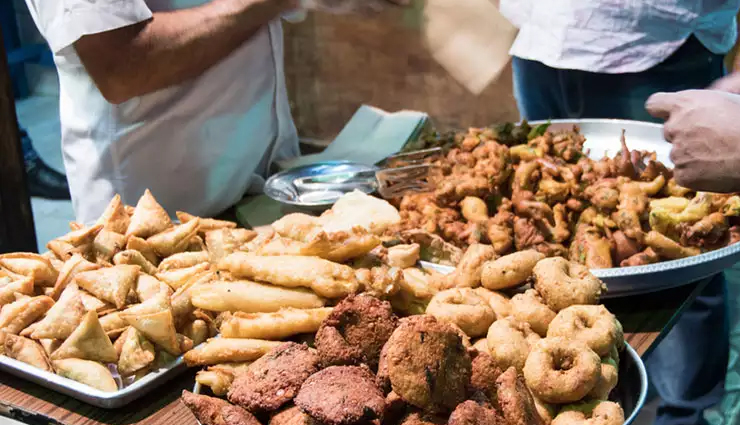
# Street Food
Even though it may be tempting, it is best to avoid street food during the monsoon season. Street food sellers sometimes operate in filthy circumstances, raising the risk of contamination and foodborne disease. Instead, go for handmade meals where you have greater control over the quality and cleanliness of the components.
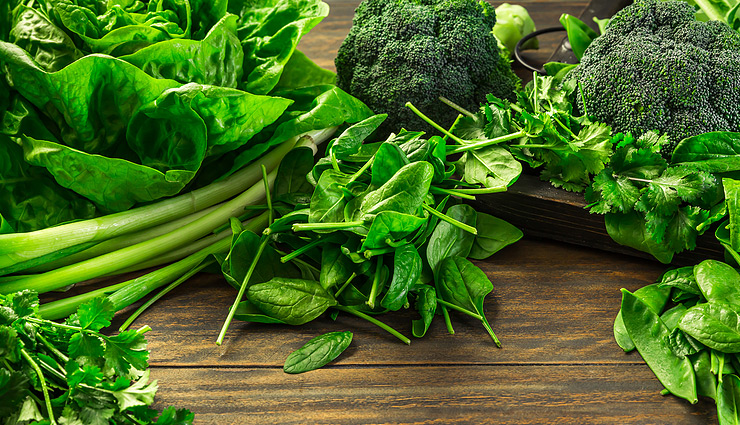
# Leafy Greens
Leafy greens, such as spinach, lettuce, and cabbage, are prone to waterlogging and can become a breeding ground for bacteria and parasites during the monsoon. If you must consume them, ensure they are thoroughly washed and cooked properly to reduce the risk of infection.

# Raw Salads
Raw salads, including sliced cucumbers, tomatoes, and carrots, should be avoided during the monsoon season. Raw vegetables may harbor bacteria or parasites, which can lead to gastrointestinal issues. Opt for cooked or steamed vegetables instead to minimize the risk of contamination.
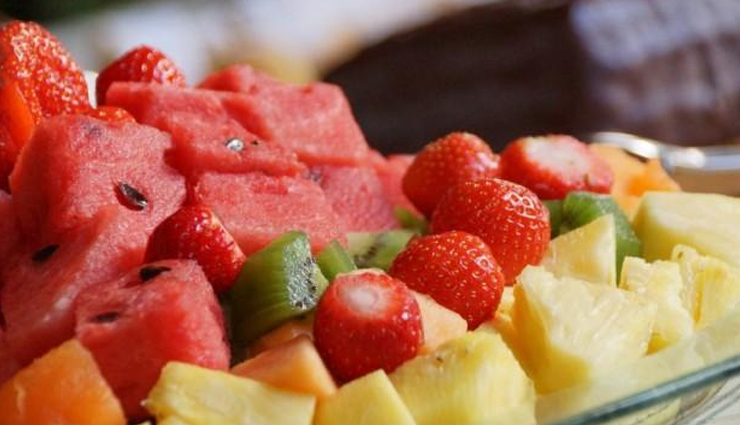
Pre-cut Fruits
Pre-cut fruits or fruit salads should be avoided as they may be contaminated or exposed to unhygienic conditions. Fruits with peels, such as bananas and oranges, are a safer option as the peel acts as a protective barrier. Remember to wash them thoroughly before consumption.
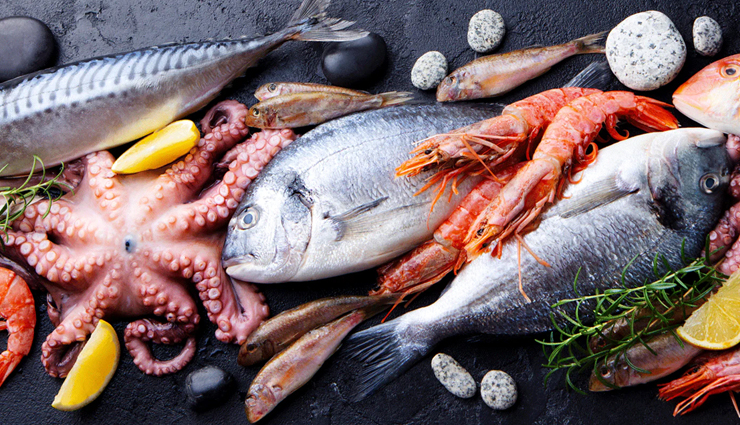
# Seafood
It is advised to avoid eating seafood during the monsoon season, especially shellfish and fish from contaminated water sources. During this season, water pollution levels tend to rise, increasing the danger of waterborne infections. If you must eat seafood, make sure it is fresh, well prepared, and from a reputable source.
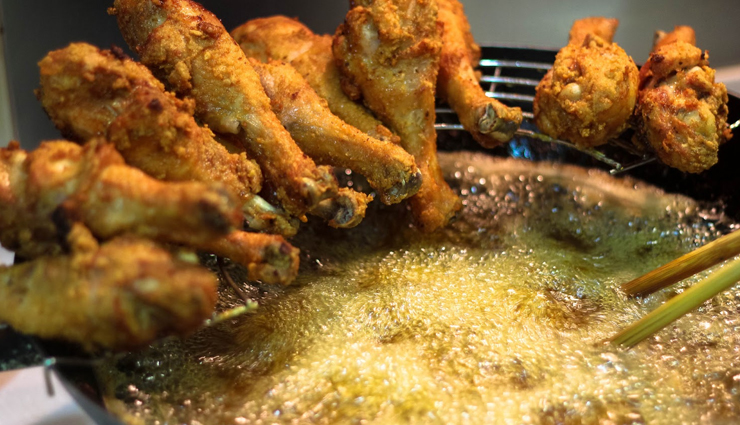
# Fried and Oily Foods
Fried and oily foods can lead to digestive issues and are best avoided during the monsoon season. These foods are heavy and difficult to digest, which can put a strain on your digestive system. Opt for lighter, steamed, or grilled options that are easier to digest.
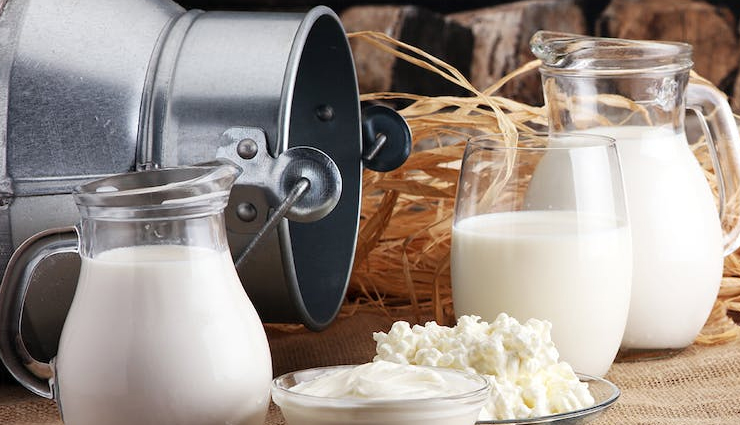
# Dairy Products
Dairy products like milk, yogurt, and cheese are prone to spoilage during humid conditions. Avoid consuming unpasteurized dairy products as they may contain harmful bacteria. Opt for pasteurized and properly stored dairy products to minimize the risk of foodborne illnesses.

# Street Beverages
Avoid consuming beverages from roadside stalls, such as sugarcane juice, lemonade, or fruit juices. These drinks may be prepared with contaminated water or unhygienic conditions, increasing the chances of waterborne diseases. Instead, opt for packaged or freshly prepared beverages from trusted sources.

Non-vegetarian Food
Non-vegetarian foods, including meat and poultry, should be consumed with caution during the monsoon season. Ensure they are fresh, properly cooked, and sourced from reliable sources to minimize the risk of foodborne illnesses.
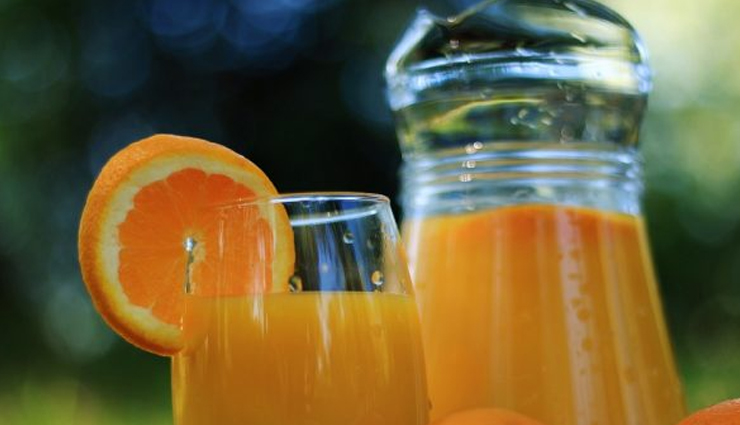
# Unpasteurized Juices and Dairy
Consume unpasteurized juices, such as sugarcane juice or fresh fruit juices, as they may contain hazardous microorganisms. Similarly, avoid ingesting unpasteurized dairy products such as raw milk or handmade cheese, as they may provide a risk of foodborne disease.





